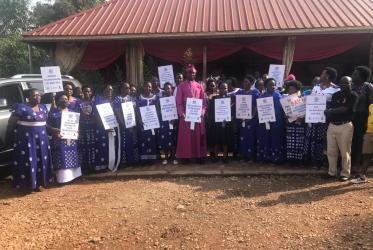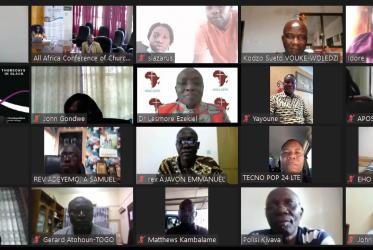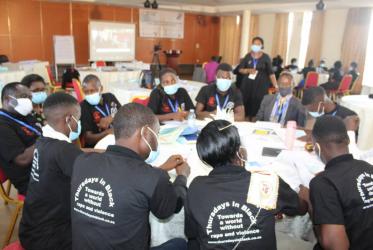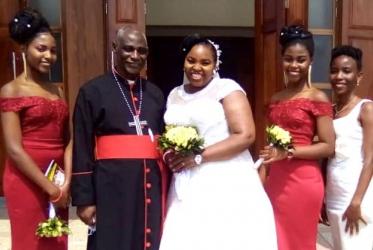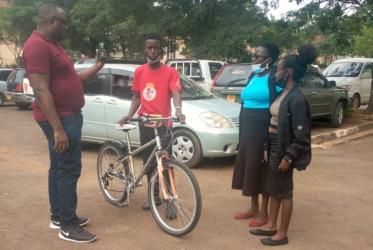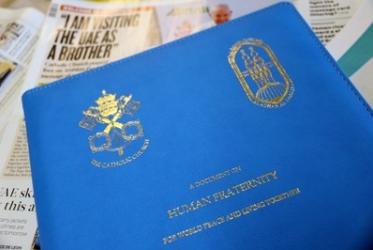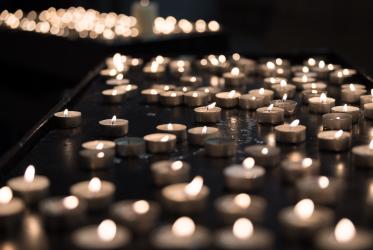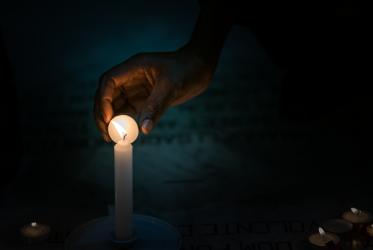Displaying 1 - 20 of 57
WCC condemns Uganda school attack
19 June 2023
WCC condemns bombings in Uganda, calls for justice
18 November 2021
In Uganda, resilience and hope overshadow stigma
31 July 2020
WCC general secretary condemns violence in Burkina Faso, Cameroon
17 February 2020
Young Africans are eager to grapple with challenges
09 January 2020
Young people in Togo: “Hear our voice! We want to tell our stories!”
07 November 2019
Youth leaders: “We will stop at nothing” to end HIV and violence
17 October 2019
Frontline advocates in Uganda are putting a stop to HIV stigma
16 September 2019


